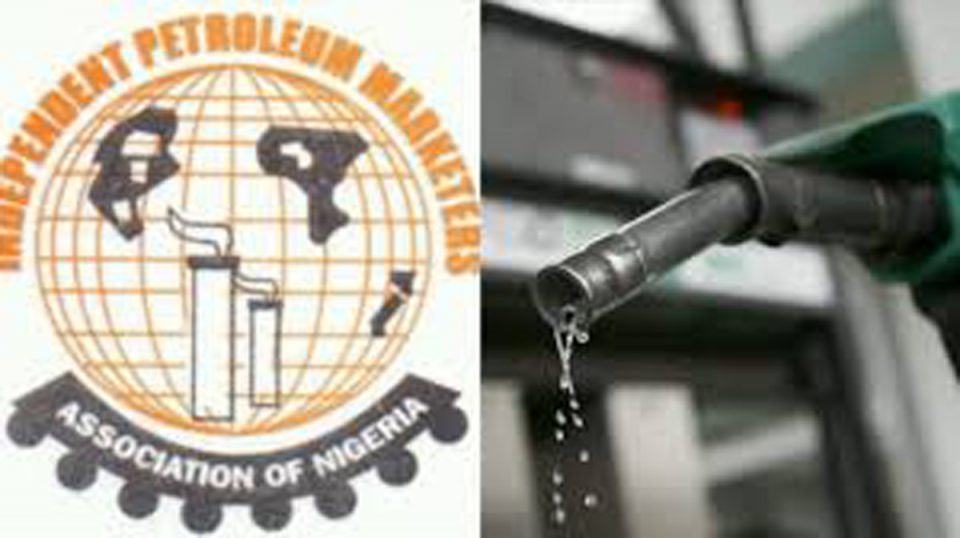Transport fares in Lagos and environs, yesterday, rose by more than 100 per cent, as the Nigerian National Petroleum Company Limited, NNPCL, and oil marketers battle to find a lasting solution to the fuel shortage.
This came as the Petroleum Products Retail Outlets Owners Association of Nigeria, PETROAN, yesterday, faulted the 48-hour ultimatum by the Department of State Services, DSS, that oil marketers make Premium Motor Spirit, PMS, also known as petrol available for Nigerians.
Trasport fares soar Some of the areas visited by Vanguard confirmed the excessive hike in transport fares.
For instance, from Badagry to Mile 2, which cost N400 or N500 before, now costs N1000. Agbara (Ogun State) to Mile 2, which used to be between N300 and N400, now costs N700.
From First Gate, popularly called Igboelerin Junction, on the LASU-Igando road, to Iyana Ipaja, which used to be N300 before, now costs N500, whereas Igando to Iyana Ipaja, which used to be N200, now costs N500. Igando to Egbeda, which was N150, now costs between N300 and N400.
From Igando to First Gate, which was N100 before the hike, is now between N200 and N300. Igando to Iyana Oba that was between N100 and N150, is now between N300 and N500 depending on the situation on the road.
Findings from other routes in the metropolis showed that from Egbeda to Oshodi, which cost between N200 and N300 now goes for between N500 and N600 and during peak periods, it goes to N700, just as Egbeda to Ikeja, which used to be between N200 and N300 is now N500.
From Cele Along to Ikotun, which used to cost N150 is now between N500 and N600 subject to the number of crowd waiting for bus at the bus stop.
From Cele to Gate, which cost between N100 and N150 now goes for between N200 and N300.
Commercial drivers in Lagos State have completely phased out N50 and N100 fares, as no distance no matter how short is less than N200.
Findings in Ajah area of the state showed that from Ajah to CMS, which used to be N400 or even N300 sometimes, is now N1000 flat.
From CMS to Mile 2, which used to be between N200 and N400 now goes for between N700 and N100, while between Mile 2 and Vangaurd Media Ltd, which used to be N100 is now N200.
DSS threat won’t change anything—PETROAN
PETROAN Chairman, System 2E, Eastern Zone, Sunny Nkpe, made this known on Channels Television’s Sunrise Daily programme.
He said until the secret police go after the cartel operating among private depot owners hoarding the essential commodity, fuel scarcity and long queues will persist.
“Let me make it categorically clear here, there is no amount of threat by DSS that is going to change anything. If it must change, they must start from the source, they should go to the private depot operators to find out where for now we are getting products from.
“Until the cartel or cabal in that area is handled or taken care of, we can never get any reduction or fairness in the distribution of the product,” Nkpe added.
He said there has not been a drop of petrol allocation to the Port Harcourt depot in the last six months.
A former President of the Trade Union Congress, TUC, Peter Esele, who was also a guest on the programme alongside Nkpe, said the DSS must have been privy to a vital piece of information within the supply value chain to have issued the ultimatum.
“For DSS to come out and issue an ultimatum, the DSS must be privy to some information. Everyone must focus on the DSS to come out with its results within 48 hours or else, DSS may also be a player in the game.
“DSS must tell Nigerians its findings within 48 hours and whoever is behind this should be prosecuted because there are enough products in this country for everybody to get petrol,” he said.
The DSS had on Thursday directed oil marketers and NNPC Limited to resolve the fuel crisis biting Nigerians, saying failure to comply would make the agency activate its operations across the country.
Meanwhile, the Major Oil Marketers Association of Nigeria, MOMAN, has implored the Federal Government to consider a full deregulation of the petroleum downstream sector in phases.
Its Chairman, Mr Oluwole Adeosun, made the call at a web training for energy journalists, yesterday, in Lagos.
Adeosun said: “We envisage a rise in demand during the yuletide season and we are prepared to work round the clock to keep our stations running.
“If the country wishes to implement a subsidy, it must be in areas targeted to help those it should help. Such areas are agriculture and transportation, to reduce food price, and inflation and generate more jobs for Nigerians.
“In tandem, we must find a way to liberalise supply. We must bring transparency and competition into supply to ensure steady and more efficient supply at optimum prices.
“Imported products must compete with locally refined products to find a meeting point between the need for local refining and competitively low but cost recovered prices for Nigerians for sustainability.
“The dialogue with the Nigerian people needs to begin to identify, negotiate and agree on these areas and begin implementation to save the downstream industry.
“The industry has been in degradation free fall due to a lack of investment to maintain, renew and grow assets and facilities such as refineries, pipelines, depots, trucks and modern filling stations,” he said.
“Neither the new refineries nor the refurbished refineries will survive with the refining margins at current pump prices.”




